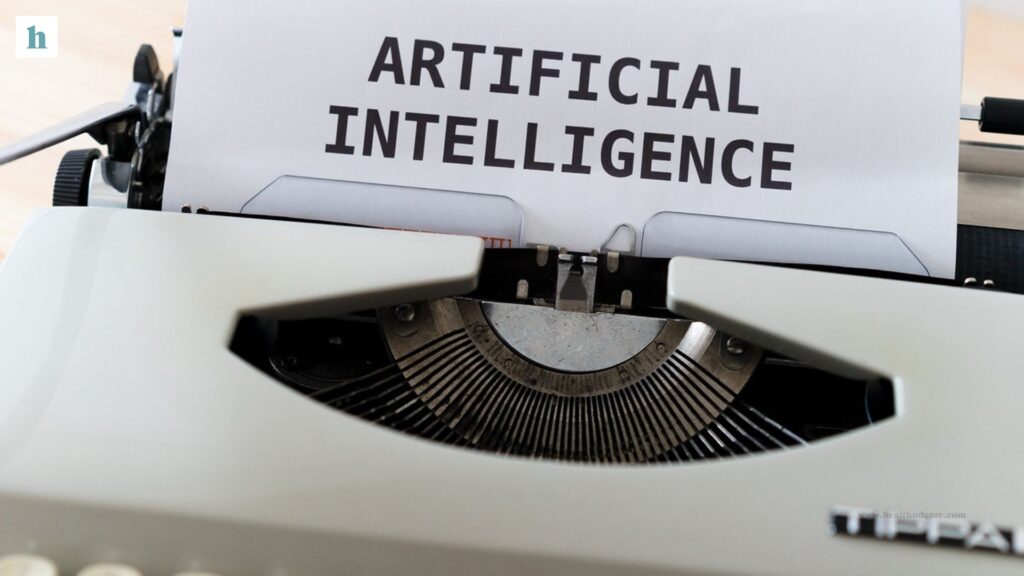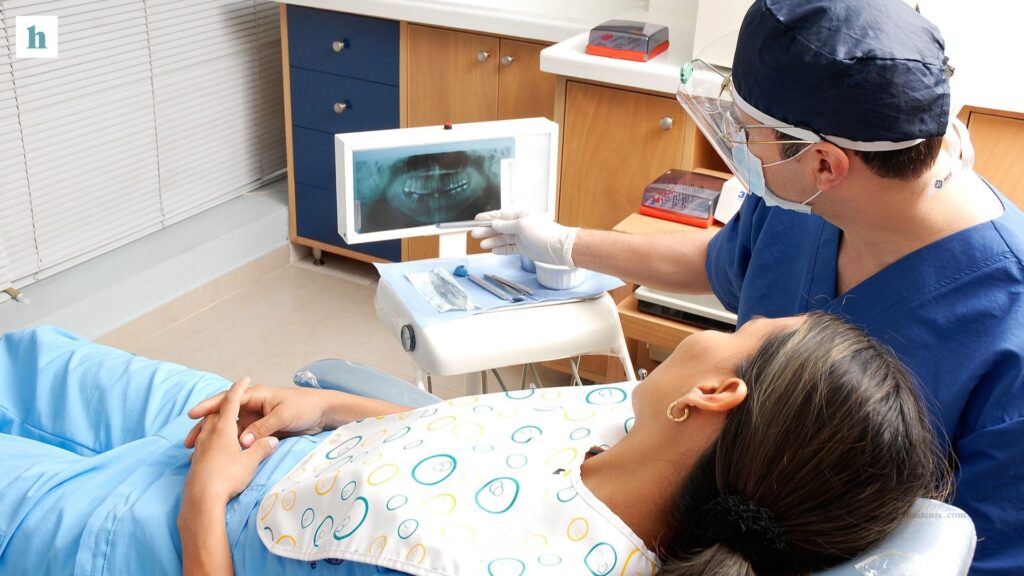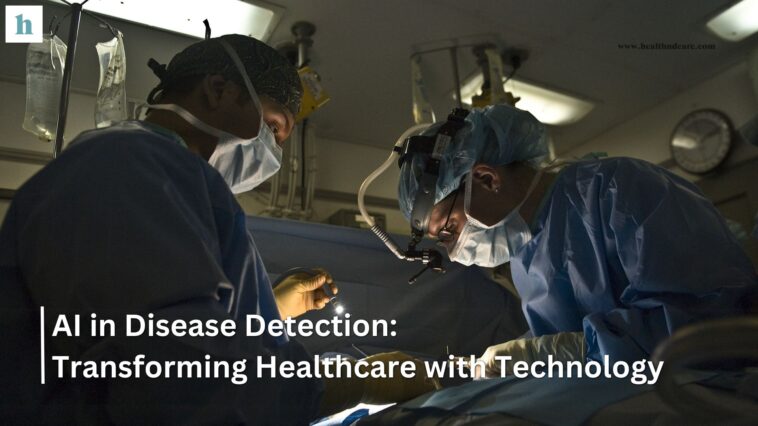Introduction
In recent times, healthcare has been completely changed by the rise of artificial intelligence (AI) in early disease detection. AI systems are able to identify patterns and anomalies in medical data through the use of complex algorithms. And vast sets of information.
That traditional diagnostic methods may overlook. This shift towards AI-driven diagnostics not only increases the accuracy of catching diseases in their earliest stages. But also makes way for treatments that are more individualized and thus more effective.
AI’s Contribution to Early Disease Detection
Increased Precision in Diagnosis
The most remarkable thing about AI. When it comes to ai early disease detection is how it can analyze complicated medical information with unheard-of precision. Often, traditional diagnostic approaches heavily on healthcare professionals’ skill sets and judgment calls.

This sometimes results in misdiagnosis or delayed diagnosis. On the other hand, AI systems have the ability to sift through huge amounts of data from different sources. Like genetic materials, electronic health records and medical imaging among others. So as to find out subtle signs that indicate if someone has an illness.
For instance, tools powered by artificial intelligence have achieved much success detecting cancers at their initial stages. In breast cancer screening for example where mammograms are used. These machines can be taught what potential tumors look like through training them.
With lots of data until they become as good as or even better than humans at identifying such things. This allows doctors start treatment early enough when chances for successful outcomes are highest.
Speeding Up Diagnosis Processes
Another advantage offered by AI systems lies not just in improving accuracy. But also speeding up diagnosis rates which could save lives especially for conditions needing urgent attention after being discovered. Sometimes determining what kind of treatment should be administered.
And how long a patient will live depends on how quickly his/her illness gets diagnosed waiting time etc. Therefore, real-time evaluation enabled by Artificial Intelligence can help doctors make decisions faster. Since they get immediate feedback from these programs after uploading patients’ records into them.
Take for example infectious diseases like COVID-19. Within seconds after scanning chest X-rays or CT scans. Algorithms driven by AI technology can tell whether someone is infected. Or not thus leading to prompt isolation of such individuals. This swiftness aids in curtailing further spread as well as ensuring timely care delivery to affected persons.
AI in Personalized Medicine
Adapting Treatments According To Individuals’ Requirements
Apart from just finding out if someone has been sick, another area where AI comes in handy is personalized healthcare. Once a disease has been identified, machine learning algorithms can be used to create treatment plans. Which are specific to each patient’s genetic composition and overall health condition.

Based on genomic sequencing data analysis carried out by artificial intelligence systems. It becomes possible for doctors to know in advance. How best particular therapies will work for their clients thereby increasing chances of positive outcomes.
Continuous Monitoring For Early Intervention
Furthermore, continuous monitoring plays an important role in managing diseases better thanks largely to AI. Wearable gadgets together with mobile health apps. That have been fitted with smart programs are capable of keeping track of all vital signs.
And other relevant metrics round the clock. By so doing they can detect any slight changes signifying onset of sickness. Thus enabling early intervention before it becomes too late for successful treatment outcomes.

For instance cardiac conditions like heart attacks could be prevented. Sometimes if people wore devices powered by machine-learning algorithms. Which keep checking heart rates among others throughout day even. When one least expects anything wrong happening.
But unfortunately many lives continue being lost due lack awareness regarding this issue. Hence need more sensitization programmers being done across different communities globally about importance using such technologies etc.
Conquering Problems Regarding Privacy of Data
Though it is filled with the hope of being able to detect diseases at an early stage. Artificial Intelligence also brings up worries about privacy and security of data. Personal health information necessary for AI disease detection to work well must be handled sensitively so as not to breach patient confidentiality.
The main steps towards solving these problems. Include making sure that data protection laws are followed by such systems and revealing what is done with them.



